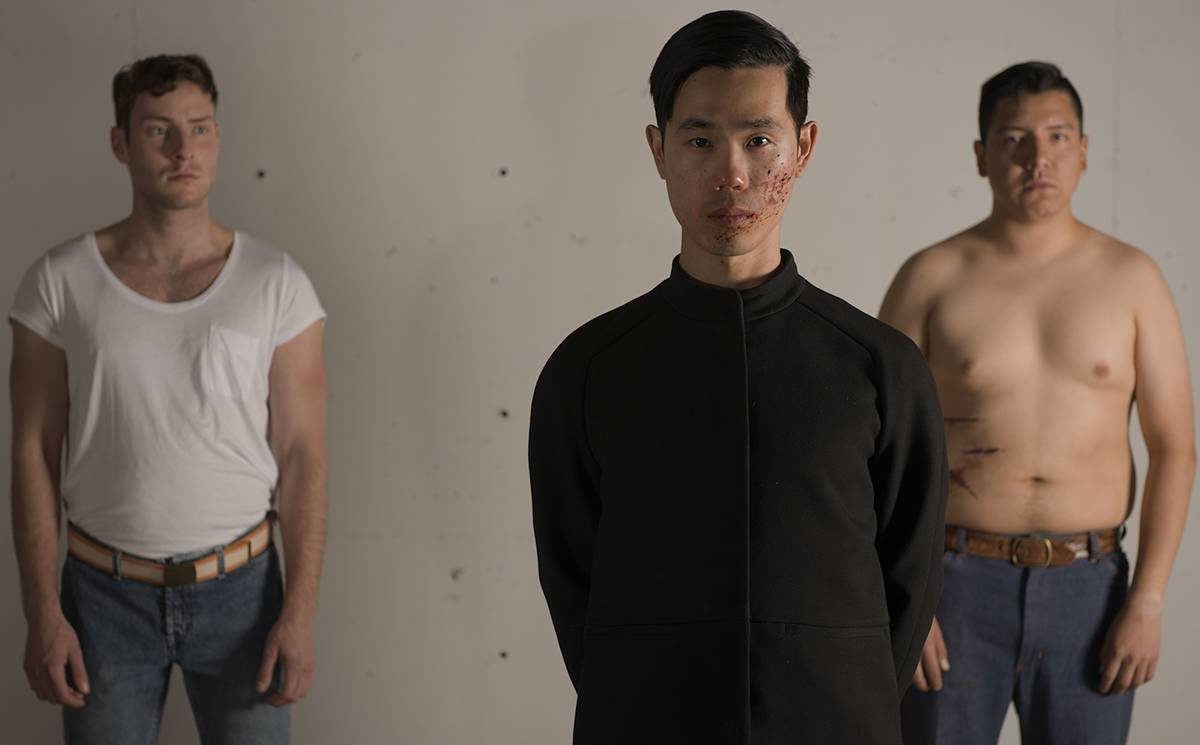Janet Smith – The Georgia Straight – June 19, 2018
It’s hard to believe, given the charismatic provocateur who’s her subject, but Lesley Ewen has been working on getting her play about celebrated Vancouver multimedia artist Paul Wong made for 16 years.
She never lost faith as she tried to get a company to pick up her passion project—but now that frank theatre is finally producingCamera Obscura (hungry ghosts), and the Queer Arts Festival is presenting it, she thinks maybe it’s all been for a reason. The script, devoted to a friend and talent who’s fascinated her for decades longer than that, tackles questions of diversity and suicide that have never been more relevant.
“Now all of that crazy-making waiting is done,” the well-known local actor, director, producer, writer, and acting teacher adds with a good-natured laugh over the phone. “Just think: the actors were 11 when I started writing this!
“Lots of people were really happy to see this story finally told and glad to see these people honoured.”
Camera Obscura (hungry ghosts) reimagines the artist during a career retrospective, when he’s haunted by two people who have died in his past: the subject of his celebrated 1977 work Murder Research and the creative partner who helped him make it. The former character is based on Eugene Lloyd Pelly, an Indigenous man who was stabbed and escaped out a window in February 1976; his bloody body lay covered with snow in the street below the Main-area house where Wong was living at the time. Wong took photos of the scene of quiet violence. The latter character is based on Kenneth Fletcher, the close friend who worked with Wong to fully research the death, gaining access to the coroner’s office and turning all their findings into the multifaceted, photo-heavy Murder Research (which the Vancouver Art Gallery acquired in 2001).
The next year, in 1978, Fletcher took his own life at just 23, a loss that hit Wong’s art group the Mainstreeters hard and a trauma that the grieving Wong explored in his photo-video work for years (especially in ten sity and Untitled [Ken Fletcher 1954–1978]). Ewen remembers being at the Venice Biennale in 2003, when Wong famously projected images from those pieces and others onto the curtains of a moving vaporetto (one of the city’s sea taxis), Fletcher’s face appearing fleetingly on the fluttering, translucent “screen”. The installation was called Hungry Ghosts—a reference to the Chinese belief that some of those who have passed away stay connected to the living.
Ewen remembers looking at a different shocking photo Wong had exhibited decades earlier, one that showed Fletcher cutting his wrist vertically. “And I stood in front of that and said, ‘What is this relationship that they’re so intimate? This man is so distressed that he doesn’t want to be here anymore, but he lets Paul Wong take these photos.’ There’s this trust, and this desire for witnessing,” says Ewen. “And I stood there for probably half an hour in front of this one photo. I’d been brought up by so many gay men in Vancouver with long-term relationships, and knowing those relationships intimately, I was literally possessed.”
Ethical questions about permission and artistic licence connect with those around Murder Research’s subject, Pelly, she says. “This human being never got a choice in being semifamous—that photo was taken at the lowest point of his life,” Ewen comments.
Ewen weaves all these ideas into her three-person play (starring Braiden Houle, Julien Galipeau, and Jeff Ho). In it, Bradley (the stand-in for Wong) confronts his past and the project that helped launch his art career. Fittingly for a production about Paul Wong, Camera Obscura has strong multimedia components, Sammy Chien’s video elements innovatively allowing the main character to speak directly to the figures in his past—his “hungry ghosts”.

The dramatic subject matter lends itself easily to theatre, but Ewen also feels deeply connected to Wong’s expressions of identity and race—she began speaking out about the need for diversity in arts long before it became a national talking point. And the topic of suicide, top of mind due to the recent deaths of Anthony Bourdain and Kate Spade, hits home too: she’s lost two friends to it.
“I wanted to show people how sometimes, if somebody doesn’t want to live in the absolute torment, they can hide that—even when you’re living with them,” she says. “And also there’s a lot of gay youth suicide—a lot of young men who don’t have anyone in their immediate community, no support, just condemnation. And it’s hard to know it gets better.”
Through it all, she’s found Wong an inspiring source—one she spent long hours talking to in candid interviews. “He’s an amazing human,” she says. “One of the things that is incredible is he is comfortable with discomfort and comfortable with revealing himself.”
The Queer Arts Festival presents frank theatre’s Camera Obscura (hungry ghosts) at the Roundhouse Community Arts and Recreation Centre from Wednesday (June 19) to June 23.For anyone feeling distress in British Columbia, helpful resources include the Crisis Centre (604-872-3311), the 1-800-SUICIDE (1-800-784-2433) line, hospital emergency rooms, and medical doctors.

